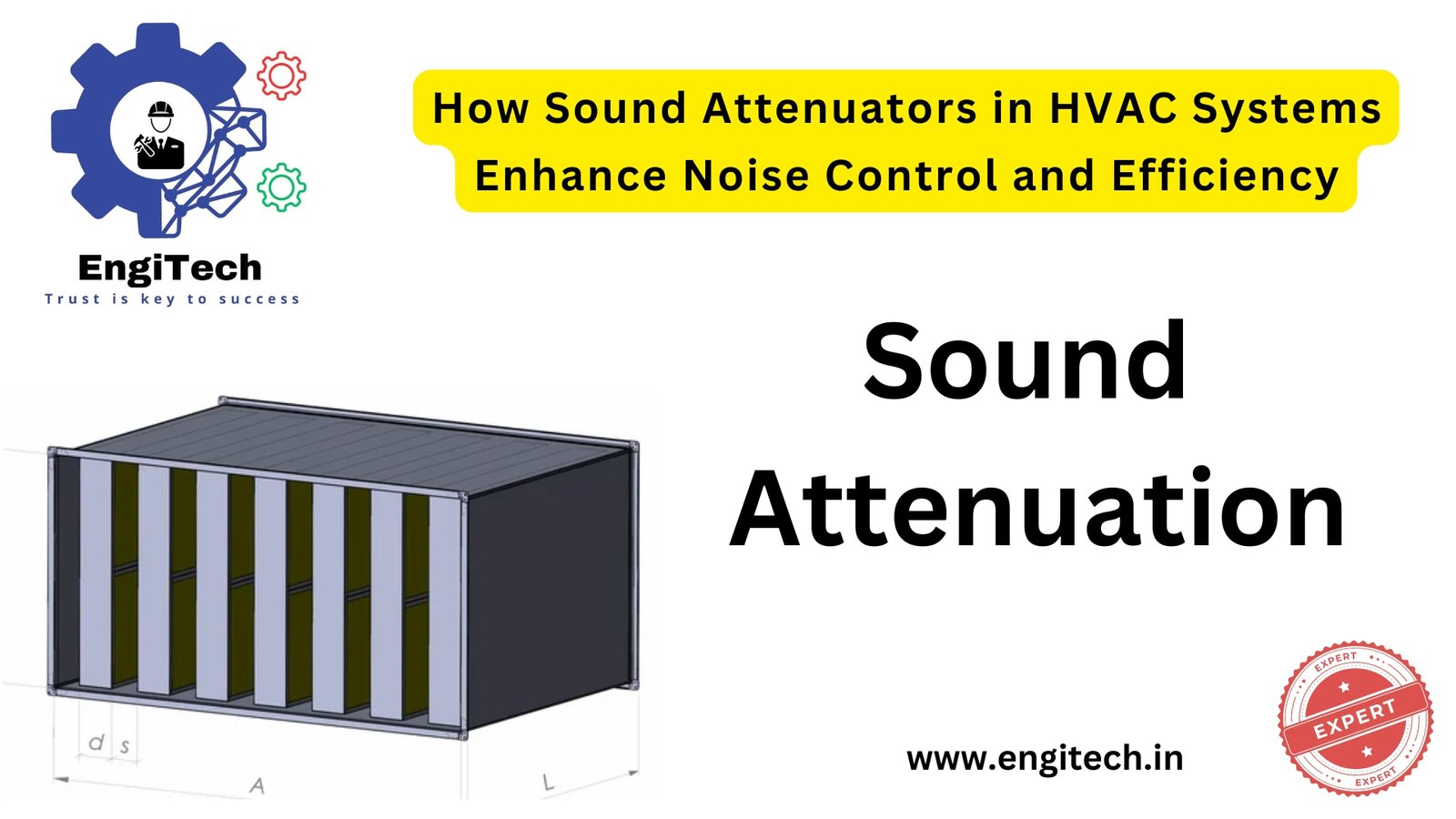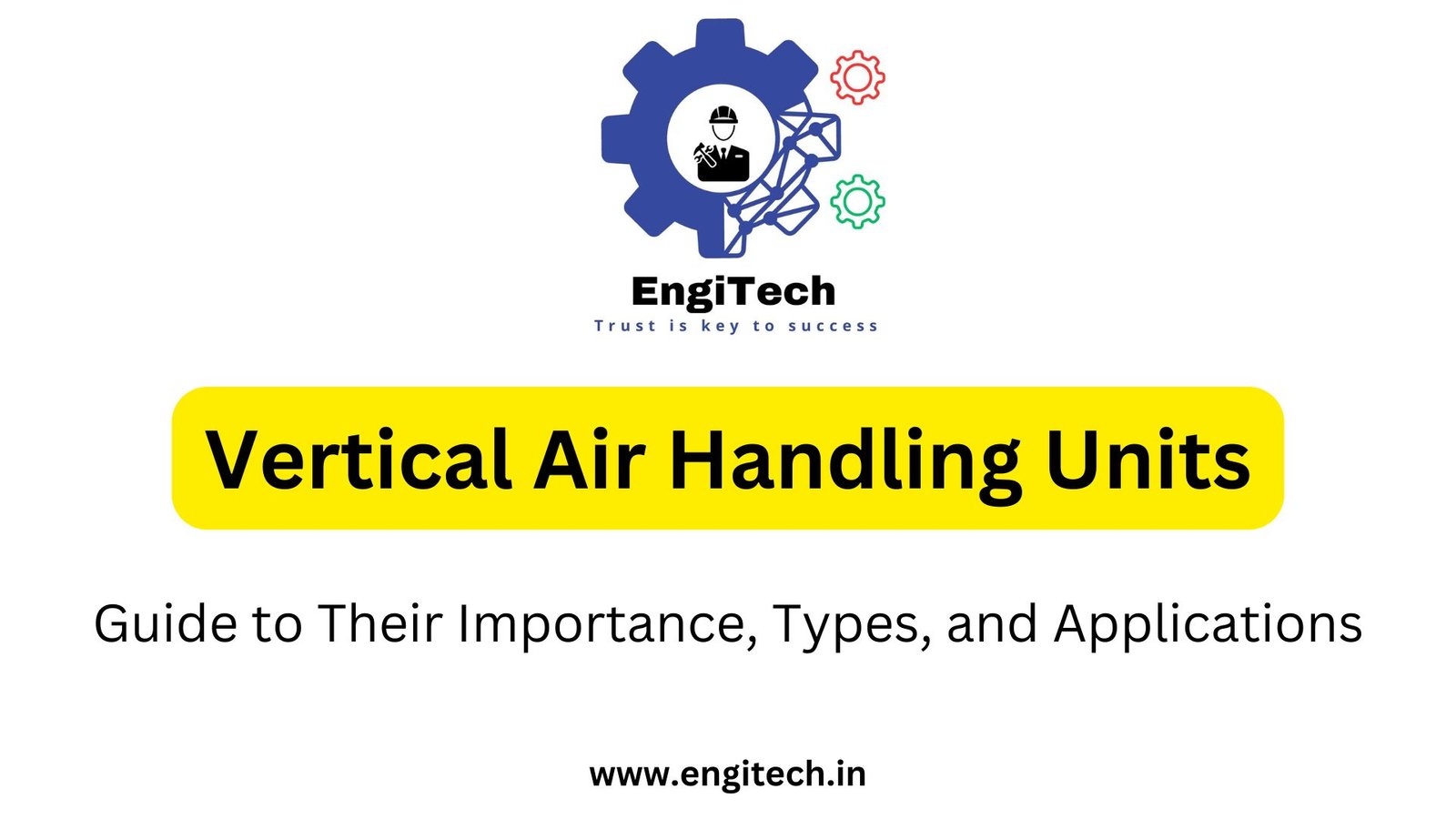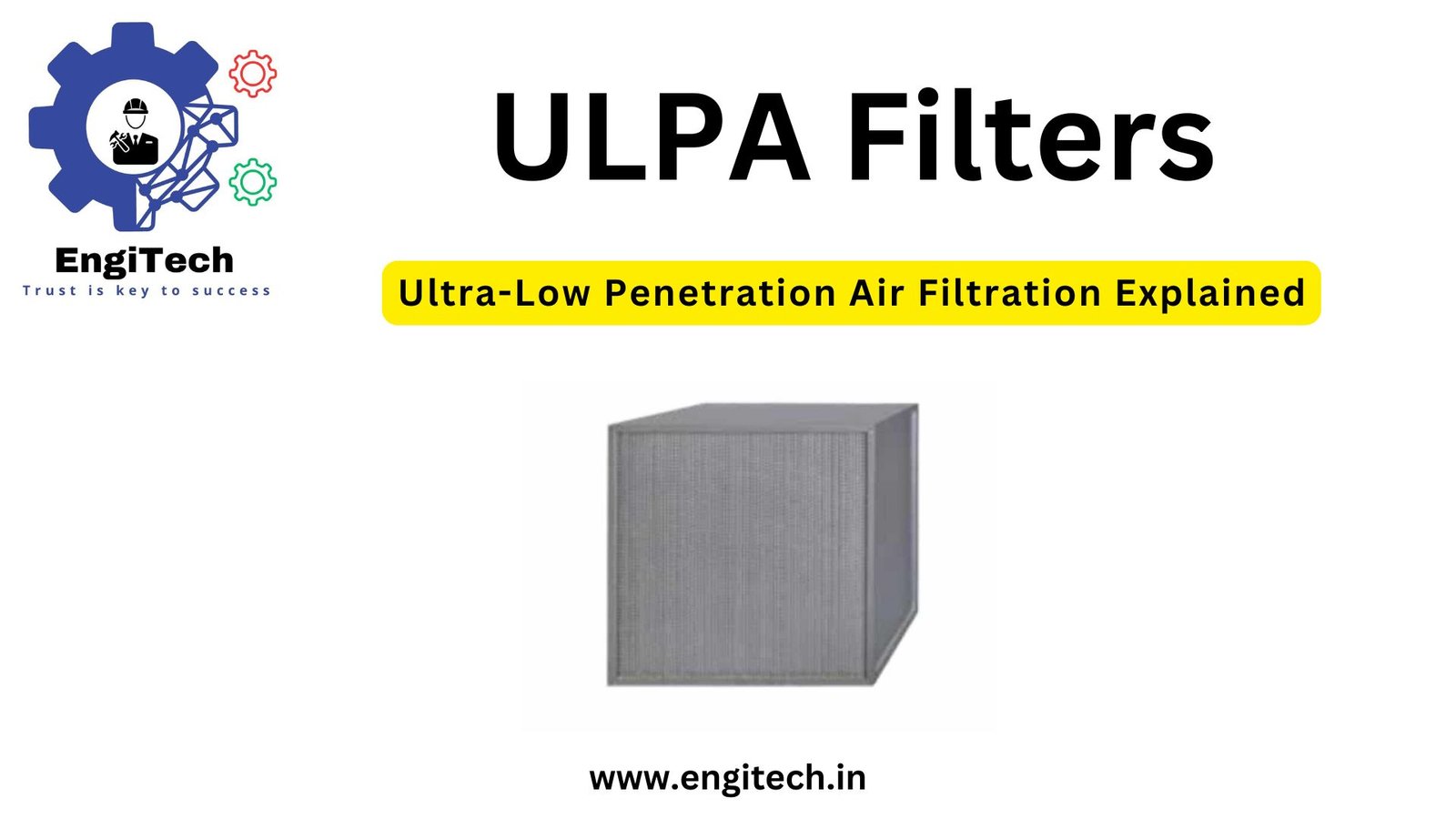The Ultimate Guide to Gravity Louvers: Applications, Benefits, and Selection Tips

Have you ever noticed those seemingly simple flaps on the exterior of buildings that open and close on their own? Those are gravity louvers, and despite their unassuming appearance, they play a crucial role in building ventilation and protection. In fact, these ingenious devices save businesses thousands of dollars annually in energy costs while providing essential airflow management. Whether you’re an architect, building manager, HVAC professional, or simply a curious property owner, understanding gravity louvers can help you make better decisions about your building’s ventilation system.
In this comprehensive guide, we’ll explore everything you need to know about gravity louvers – from their fundamental operation and diverse applications to selection criteria and maintenance best practices. By the end, you’ll have expert-level knowledge to make informed decisions about incorporating these essential components into your ventilation systems.
Table of Contents
What Are Gravity Louvers and How Do They Work?
Gravity louvers represent one of the most efficient passive ventilation solutions available for modern buildings. These specialized devices consist of horizontal blades mounted in a frame that automatically open and close based on airflow pressure and the natural force of gravity – no electricity or motors required.
The Basic Operating Principle
At their core, gravity louvers operate on a beautifully simple mechanism:
- When air flows outward from inside your building, the pressure pushes the blades open, allowing exhaust air to exit freely
- When airflow stops or reverses direction, gravity pulls the blades back to their closed position, creating a weather-resistant seal
- No power source needed – the entire operation relies solely on physics and natural forces
The elegance of this design lies in its passivity. Unlike motorized or electric louvers, gravity louvers require no external power source, reducing both energy consumption and potential maintenance issues.
Key Components of Gravity Louvers
Understanding the parts that make up a gravity louver helps explain their remarkable functionality:
- Frame – Typically constructed from aluminum, galvanized steel, or stainless steel, providing structural support and installation surface
- Blades – Precision-balanced horizontal slats that pivot on shaft points, calibrated to open with minimal pressure
- Blade stops – Prevent the blades from opening beyond their optimal angle
- Weather stripping – Specialized seals between blades that enhance weather protection when closed
- Insulation (optional) – Added to blades for improved thermal performance in extreme climates
Types of Gravity Louvers
The gravity louver category includes several specialized variations:
- Standard gravity louvers – The most common type, offering balanced operation for general ventilation applications
- Backdraft dampers – Similar to gravity louvers but typically installed inside ductwork rather than on building exteriors
- Heavy-duty gravity louvers – Reinforced designs for high-wind applications or industrial environments
- Insulated gravity louvers – Feature thermal breaks and blade insulation for improved energy efficiency
- High-performance gravity louvers – Engineered for enhanced water rejection and extreme weather conditions
Top Applications and Industries for Gravity Louvers
Gravity louvers find essential applications across numerous industries and building types. Their versatility makes them suitable for virtually any scenario requiring controlled, one-way airflow.
Commercial Building Applications
In commercial settings, gravity louvers prove invaluable for:
- Kitchen exhaust systems – Preventing backdrafts of cooking odors while allowing heat and steam to escape
- Bathroom ventilation – Maintaining proper airflow while blocking outside elements
- Utility room ventilation – Protecting sensitive equipment while managing heat buildup
- Garage exhaust systems – Controlling vehicle emissions while maintaining building security
Industrial Applications
Industry demands robust ventilation solutions, and gravity louvers deliver:
- Manufacturing facilities – Exhausting process heat and maintaining appropriate air quality
- Power generation plants – Managing equipment cooling requirements efficiently
- Chemical processing – Controlling potentially hazardous fumes while maintaining containment
- Data centers – Supporting cooling systems without compromising security or environmental controls
Residential Applications
Even homes benefit from properly implemented gravity louvers:
- Attic ventilation – Preventing moisture buildup and regulating temperatures
- Clothes dryer vents – Allowing humid air to escape while keeping pests and elements out
- Bathroom fans – Supporting proper moisture removal
- Fireplace systems – Improving draft control and efficiency
7 Key Benefits of Installing Gravity Louvers
The popularity of gravity louvers stems from their numerous advantages over alternative ventilation components. Let’s explore the most significant benefits they offer.
1. Energy Efficiency
Gravity louvers contribute significantly to building energy performance:
- Operate without electricity, reducing power consumption
- Prevent conditioned air loss when ventilation isn’t needed
- Support passive cooling strategies, reducing HVAC load
- Create a more effective building envelope for improved thermal efficiency
2. Weather Protection
A properly specified gravity louver creates an effective barrier against:
- Wind-driven rain and snow
- Debris and airborne particles
- Insects and small animals
- Extreme temperature fluctuations
3. Cost-Effectiveness
From initial investment through long-term operation, gravity louvers demonstrate excellent value:
- Lower installation costs than motorized alternatives
- Zero energy consumption during operation
- Minimal maintenance requirements
- Extended service life due to simple mechanics
4. Improved Indoor Air Quality
Ventilation directly impacts occupant health, and gravity louvers support:
- Removal of indoor pollutants and stale air
- Prevention of moisture buildup that could lead to mold growth
- Enhanced circulation of fresh air throughout spaces
- Reduction of odors and airborne contaminants
5. Noise Reduction
Unlike powered ventilation options, gravity louvers operate silently:
- No motor noise or mechanical vibration
- Natural airflow creates minimal sound
- Some models include acoustic insulation for additional noise control
- Reduced exterior noise penetration when closed
6. Simple Maintenance
The straightforward design translates to straightforward upkeep:
- Few moving parts to fail or require replacement
- Easy visual inspection procedures
- Simple cleaning protocols without specialized tools
- Minimal lubrication requirements
7. Versatile Installation Options
Adaptability makes gravity louvers suitable for diverse building scenarios:
- Horizontal or vertical orientation capabilities
- Various mounting methods (flush, recessed, or projected)
- Compatible with numerous wall construction types
- Available in custom sizes for unique applications
How to Select the Right Gravity Louver for Your Project
Choosing the optimal gravity louver requires consideration of several important factors. This systematic approach ensures you’ll select a product that meets your specific requirements.
Airflow Requirements
Understanding your ventilation needs forms the foundation of louver selection:
- Calculate required free area based on the volume of air movement needed
- Consider static pressure constraints of your system
- Determine directional requirements (unidirectional or occasionally bidirectional)
- Account for seasonal variations in ventilation demands
Environmental Considerations
The installation environment significantly impacts louver selection:
- Local climate conditions (rainfall, snow, humidity levels)
- Exposure to high winds or severe weather events
- Corrosive or contaminated atmospheres
- Temperature extremes that might affect material performance
Material Selection
Different materials offer varying benefits depending on your application:
- Aluminum – Lightweight, corrosion-resistant, ideal for most commercial applications
- Galvanized steel – Stronger, suitable for industrial environments with moderate corrosion risk
- Stainless steel – Maximum corrosion resistance for harsh environments or coastal areas
- Copper – Aesthetic choice with natural antimicrobial properties
- Plastics/composites – For highly corrosive environments or weight-sensitive applications
Performance Ratings
Industry standardized ratings help compare options objectively:
- Free area – The unobstructed space available for air movement
- Water penetration resistance – Measured in inches of water and airflow velocity
- Beginning point of water penetration – The air velocity at which water begins to enter
- Air performance data – Pressure drop across the louver at various airflow rates
- Wind load capacity – Maximum wind pressure the louver can withstand
Design Integration
Consider how the louver will integrate with overall building aesthetics:
- Available finishes and color options
- Visible blade profiles and appearances
- Frame styles and mounting options
- Compatibility with surrounding materials
- Architectural requirements and local building codes
Installation Best Practices for Gravity Louvers
Proper installation ensures optimal performance and longevity of gravity louvers. Following these guidelines will help avoid common pitfalls.
Pre-Installation Planning
Before starting installation, verify:
- Exact opening dimensions and tolerances
- Structural adequacy of mounting surfaces
- Clearance for blade operation (internal and external)
- Compatibility with adjacent building components
- Appropriate flashing and waterproofing details
Mounting Considerations
The mounting method affects both performance and appearance:
- Flush mounting – Louver face aligns with exterior wall surface
- Recessed mounting – Louver is set back from wall face
- Projected mounting – Louver extends beyond wall surface
Each approach offers different aesthetic and functional considerations, particularly regarding water management and air performance.
Sealing and Flashing
Proper water management around the louver perimeter is critical:
- Apply appropriate sealants compatible with both louver and wall materials
- Install flashing according to manufacturer recommendations
- Ensure proper drainage paths for any water that may penetrate
- Create adequate thermal breaks to prevent condensation
- Test weather seals before completing the installation
Functional Testing
Before finalizing installation, verify proper operation:
- Confirm blades open freely with minimal pressure
- Check that blades close fully when airflow stops
- Verify weather stripping makes proper contact when closed
- Test water resistance if possible
- Ensure blade movement is unrestricted throughout the full range of motion
Maintenance and Care of Gravity Louvers
Even with their simple design, gravity louvers benefit from regular maintenance to ensure continued optimal performance.
Inspection Schedule
Establish a regular inspection routine:
- Monthly visual checks during initial operation
- Quarterly inspections during normal use
- Additional inspections after severe weather events
- Seasonal reviews before extreme weather seasons
Cleaning Procedures
Regular cleaning prevents buildup that could impair operation:
- Gently remove surface debris and dust
- Wash blades with mild detergent solution
- Rinse thoroughly with clean water
- Allow to dry completely before testing operation
- Apply appropriate lubricant to pivot points if recommended by manufacturer
Common Issues and Solutions
Watch for these potential problems:
- Stuck blades – Usually caused by debris, corrosion, or paint buildup; clean and lubricate
- Incomplete closing – May indicate misalignment, damage, or obstructions; adjust or repair as needed
- Water penetration – Could signal improper installation, damaged seals, or inadequate design for local conditions
- Excessive noise – Might require adjustments to blade stops or replacement of worn components
- Visible corrosion – Address immediately with appropriate cleaning and protective treatments
When to Replace vs. Repair
Guidelines for making this important decision:
- Minor blade damage can often be repaired
- Frame corrosion beyond surface oxidation usually warrants replacement
- Significant water penetration issues may indicate end of service life
- Retrofit options may be available for older units
- Consider energy efficiency improvements when replacing older models
Gravity Louvers vs. Other Ventilation Options
Understanding how gravity louvers compare to alternatives helps determine the best choice for specific applications.
Gravity Louvers vs. Motorized Louvers
Key differences between these common options:
| Feature | Gravity Louvers | Motorized Louvers |
|---|---|---|
| Power Requirement | None | Electrical connection required |
| Initial Cost | Lower | Higher |
| Operating Cost | None | Ongoing power consumption |
| Control Options | Passive/automatic | Programmable, sensor-integrated |
| Maintenance | Minimal | Regular motor and control system maintenance |
| Failure Modes | Few mechanical issues | More complex failure possibilities |
| Weather Performance | Good | Excellent (when functioning properly) |
Gravity Louvers vs. Fixed Louvers
Comparing these passive options:
| Feature | Gravity Louvers | Fixed Louvers |
|---|---|---|
| Airflow Control | Self-adjusting | Always open |
| Weather Protection | Excellent when closed | Moderate, always exposed |
| Free Area | Moderate | Higher |
| Applications | Exhaust/relief air | General ventilation, aesthetic |
| Energy Efficiency | Better in variable conditions | Better for constant airflow needs |
Hybrid Solutions
Many modern buildings implement combination approaches:
- Gravity louvers for exhaust combined with fixed louvers for intake
- Motorized primary systems with gravity backup for power failures
- Mixed systems based on exposure and performance requirements
- Climate-specific combinations for optimal efficiency
Industry Standards and Compliance
Gravity louvers must meet various industry standards to ensure proper performance and safety.
AMCA Standards
The Air Movement and Control Association sets key standards:
- AMCA 500-L – Laboratory Methods of Testing Louvers for Rating
- AMCA 511 – Certified Ratings Program for Air Control Devices
- AMCA 540/550 – Test methods for louvers impacted by wind-driven rain and missiles
Building Code Requirements
Most jurisdictions reference these standards:
- International Building Code (IBC) requirements
- ASHRAE Standards for ventilation and energy efficiency
- Local amendments and regional requirements
- Energy code compliance considerations
Performance Certifications
Look for these important certifications:
- AMCA Certified Ratings Seal
- Miami-Dade certification for hurricane zones
- UL ratings for fire and smoke dampers
- Energy Star compliance for insulated models
Innovations and Trends in Gravity Louver Technology
The gravity louver market continues to evolve with new developments enhancing performance and capabilities.
Advanced Materials
Material science improvements have led to:
- Composite blades with enhanced strength-to-weight ratios
- Self-cleaning hydrophobic coatings
- Antimicrobial surface treatments for healthcare applications
- Extreme weather-resistant finishes
- Sustainable and recycled material options
Smart Integration
Even passive components now connect with building systems:
- Position sensors for BMS integration
- Airflow monitoring capabilities
- Integration with automated building controls
- Performance data logging for optimization
Sustainability Features
Environmental considerations driving innovation:
- Enhanced thermal performance for energy savings
- Renewable material options
- Contributing features for LEED certification
- Optimized designs for passive house standards
Common Questions About Gravity Louvers
Addressing the most frequently asked questions about gravity louvers helps clarify important points.
Are gravity louvers suitable for all climate conditions?
While gravity louvers work in most climates, extreme environments require special considerations. In areas with heavy snow, hurricane-force winds, or driving rain, specialized high-performance models with enhanced weather resistance are recommended. For extremely cold regions, insulated options prevent frosting and improve thermal performance.
How do gravity louvers affect building energy efficiency?
When properly specified and installed, gravity louvers significantly improve energy efficiency by preventing unwanted air exchange when ventilation isn’t needed. Their automatic operation ensures exhaust only occurs when intended, maintaining building pressurization and reducing HVAC load. Some models with insulated blades further contribute to thermal envelope performance.
Can gravity louvers be installed in any orientation?
Most gravity louvers are designed primarily for vertical wall installation with horizontal blades. However, specialized models exist for horizontal roof installations with vertical blades. It’s critical to select a louver specifically designed for your intended orientation, as standard models may not operate correctly when installed in non-standard positions.
How long do gravity louvers typically last?
With proper maintenance, gravity louvers commonly provide 20+ years of service. Factors affecting longevity include:
- Quality of materials and construction
- Local environmental conditions
- Maintenance frequency and quality
- Installation correctness
- Exposure to corrosive elements
Can gravity louvers be retrofitted into existing buildings?
Yes, gravity louvers are excellent retrofit options. They can replace older, less efficient units or be added to buildings that previously lacked proper ventilation. The simple installation requirements and lack of electrical connections make them particularly suitable for retrofit projects where minimizing disruption is important.
Conclusion: Maximizing the Benefits of Gravity Louvers
Gravity louvers represent one of the most elegant solutions in building ventilation – providing essential functionality through simple physics rather than complex mechanics. Their ability to automatically respond to airflow needs while maintaining weather protection makes them invaluable components in modern building design.
When selecting gravity louvers for your project, remember to consider the specific environmental conditions, performance requirements, and integration needs. Proper specification, installation, and maintenance will ensure these seemingly simple devices deliver decades of reliable service while contributing to overall building efficiency and occupant comfort.
Whether you’re designing a new facility, upgrading existing systems, or troubleshooting ventilation issues, gravity louvers deserve serious consideration as part of your ventilation strategy. Their combination of effectiveness, efficiency, and economy makes them hard to beat for exhaust and relief air applications across virtually any building type.
References and Further Reading
- Air Movement and Control Association International (AMCA). (2022). AMCA Standard 500-L: Laboratory Methods of Testing Louvers for Rating.
- American Society of Heating, Refrigerating and Air-Conditioning Engineers (ASHRAE). (2023). ASHRAE Handbook – HVAC Applications.
- Building Sciences Corporation. (2021). Building Envelope Design Guide: Wall Systems.
- Department of Energy (DOE). (2023). Commercial Building Energy Efficiency Standards.
- International Code Council (ICC). (2024). International Building Code (IBC).
- Journal of Building Engineering. (2022). Performance Assessment of Passive Ventilation Components in Commercial Buildings.
- National Institute of Building Sciences. (2023). Whole Building Design Guide: HVAC Systems.
- Architectural Louvers Manufacturing Association. (2024). Guide to Specifying Louvers for Commercial Applications.
- Building Green. (2023). Sustainable Building Systems: Passive Ventilation Components.
- Construction Specifications Institute. (2024). MasterFormat Specifications for Division 08 – Openings.
Ready to optimize your facility’s airflow system? Explore our comprehensive range of industrial louvers at EngiTech and stay updated with the latest innovations in industrial ventilation technologies. Visit us at EngiTech for more information!
For more detailed insights and to learn how gravity louvers can benefit your specific industry, don’t forget to check out our latest resources on industrial airflow solutions at EngiTech ! Stay ahead in your industry with the most innovative ventilation technologies today.


